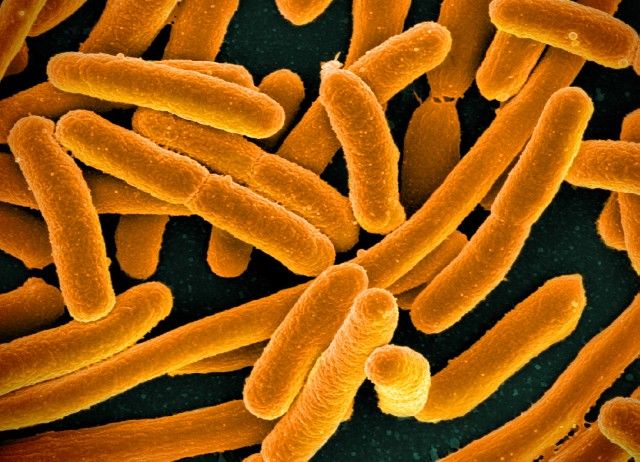Escherichia coli (/ˌɛʃəˈrɪkiə ˈkoʊlaɪ/), also known as E. coli (/ˌiː ˈkoʊlaɪ/), is a Gram-negative, facultative anaerobic, rod-shaped, coliform bacterium of the genus Escherichia that is commonly found in the lower intestine of warm-blooded organisms (endotherms). Most E. coli strains are harmless, but some serotypes (EPEC, ETEC etc.) can cause serious food poisoning in their hosts, and are occasionally responsible for food contamination incidents that prompt product recalls. The harmless strains are part of the normal microbiota of the gut, and can benefit their hosts by producing vitamin K2, (which helps blood to clot) and preventing colonisation of the intestine with pathogenic bacteria, having a mutualistic relationship. E. coli is expelled into the environment within fecal matter. The bacterium grows massively in fresh fecal matter under aerobic conditions for 3 days, but its numbers decline slowly afterwards. Wikipedia
Related services
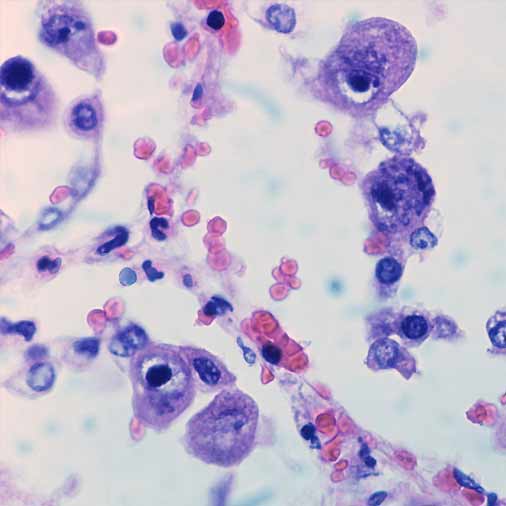
Cytomegalovirus – Version 3.5
Cytomegalovirus is a persistent virus widespread in the population that causes increasing problems with aging through its degradation of the immune system.
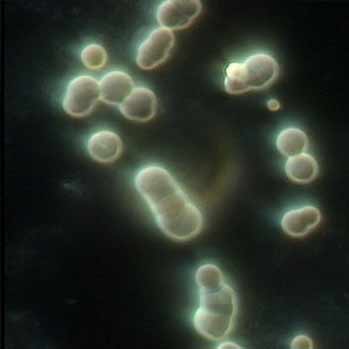
Nanobacteria – Version 3.0 – reduce arterial plaque
After developing complex frequency sequences for hundreds of biofilms, a number of them are nanobacteria that increase diastolic blood pressure and are directly related to heart disease.
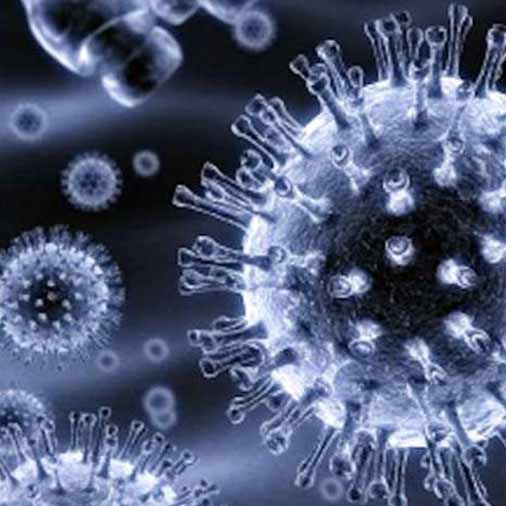
Post Polio Syndrome Frequencies – Version 3.5
The latest version of Post Polio Syndrome includes many new viruses and hundreds of updates. Always use the latest frequencies for best results.
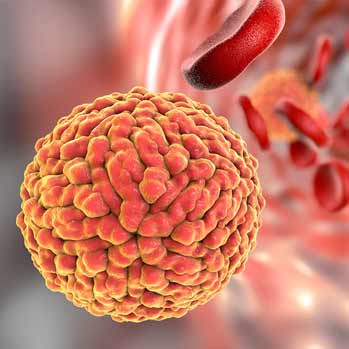
Zika Virus – Version 2.1
This release has hundreds of updates and many new viruses that are now found along with the Zika virus.
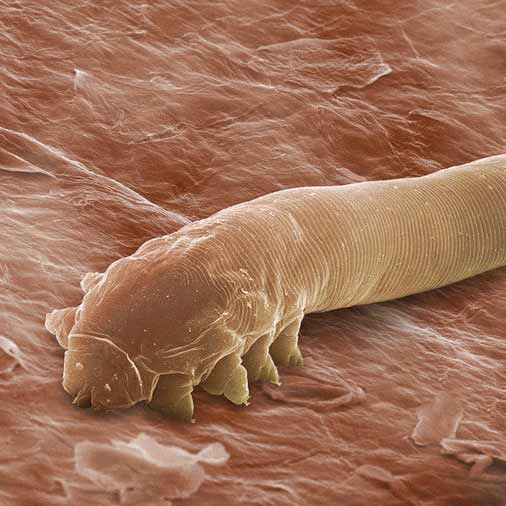
Parasites – Version 1.0
Contains the most common parasites passed around by the flu in recent years plus some parasites commonly seen in Lyme disease.
